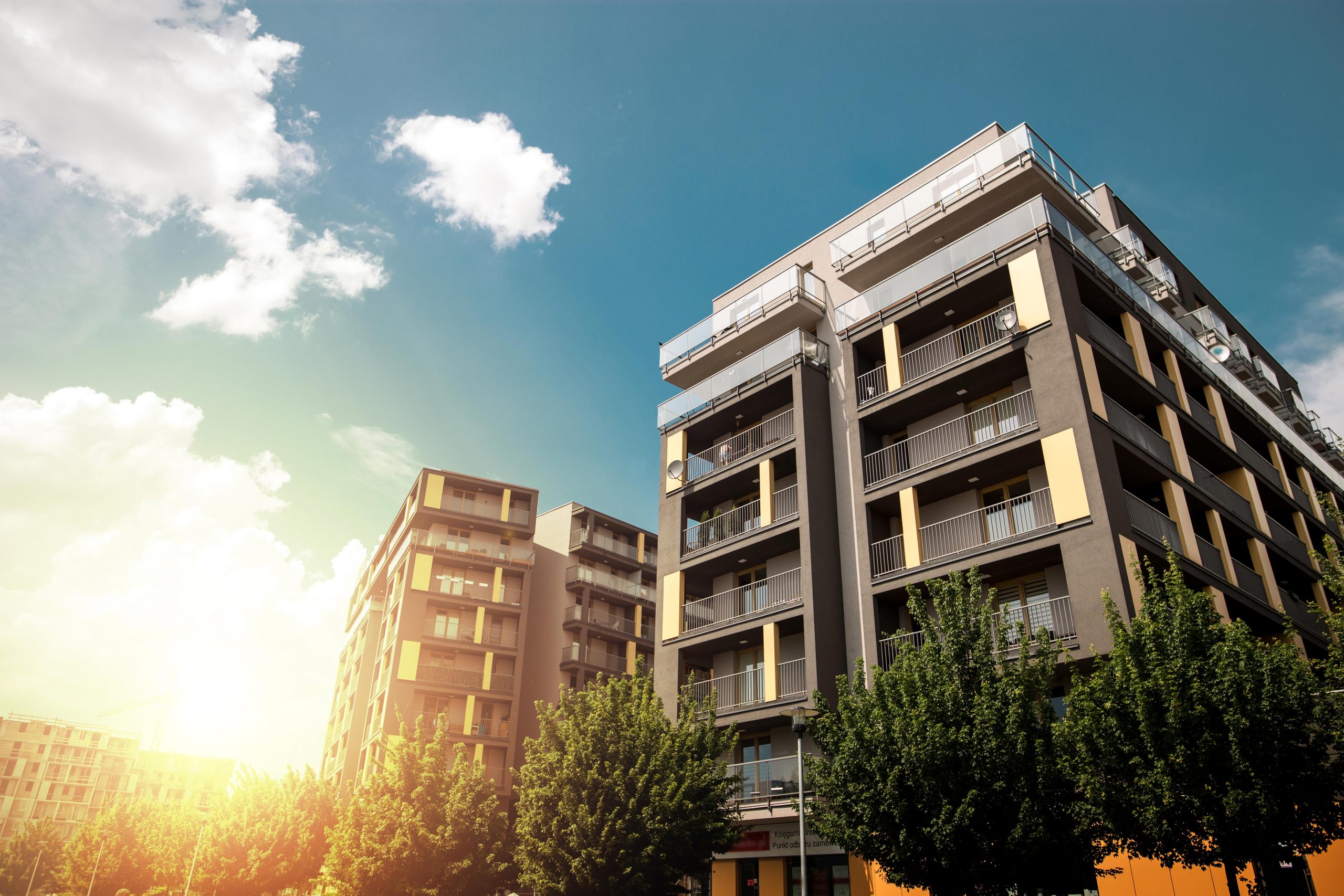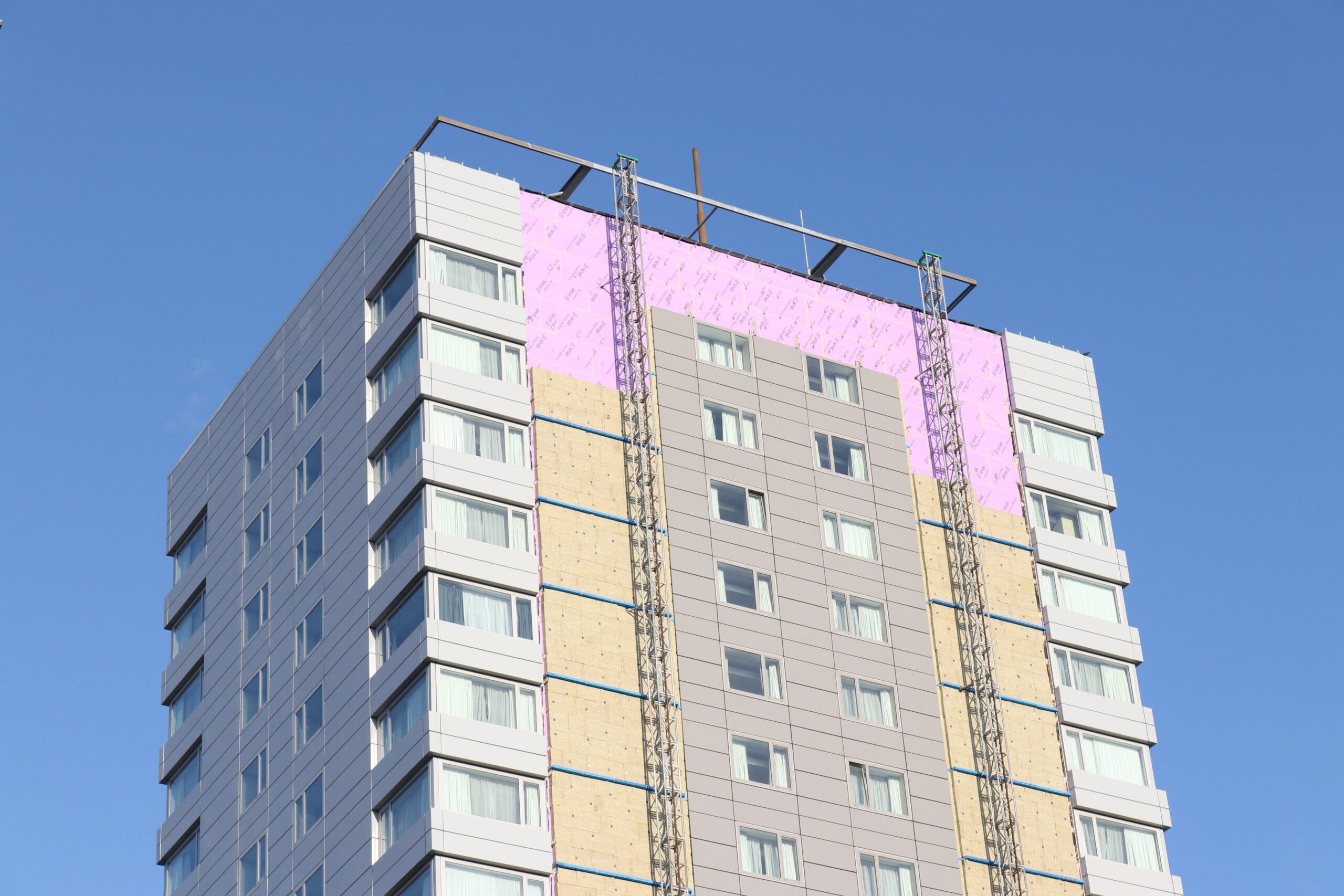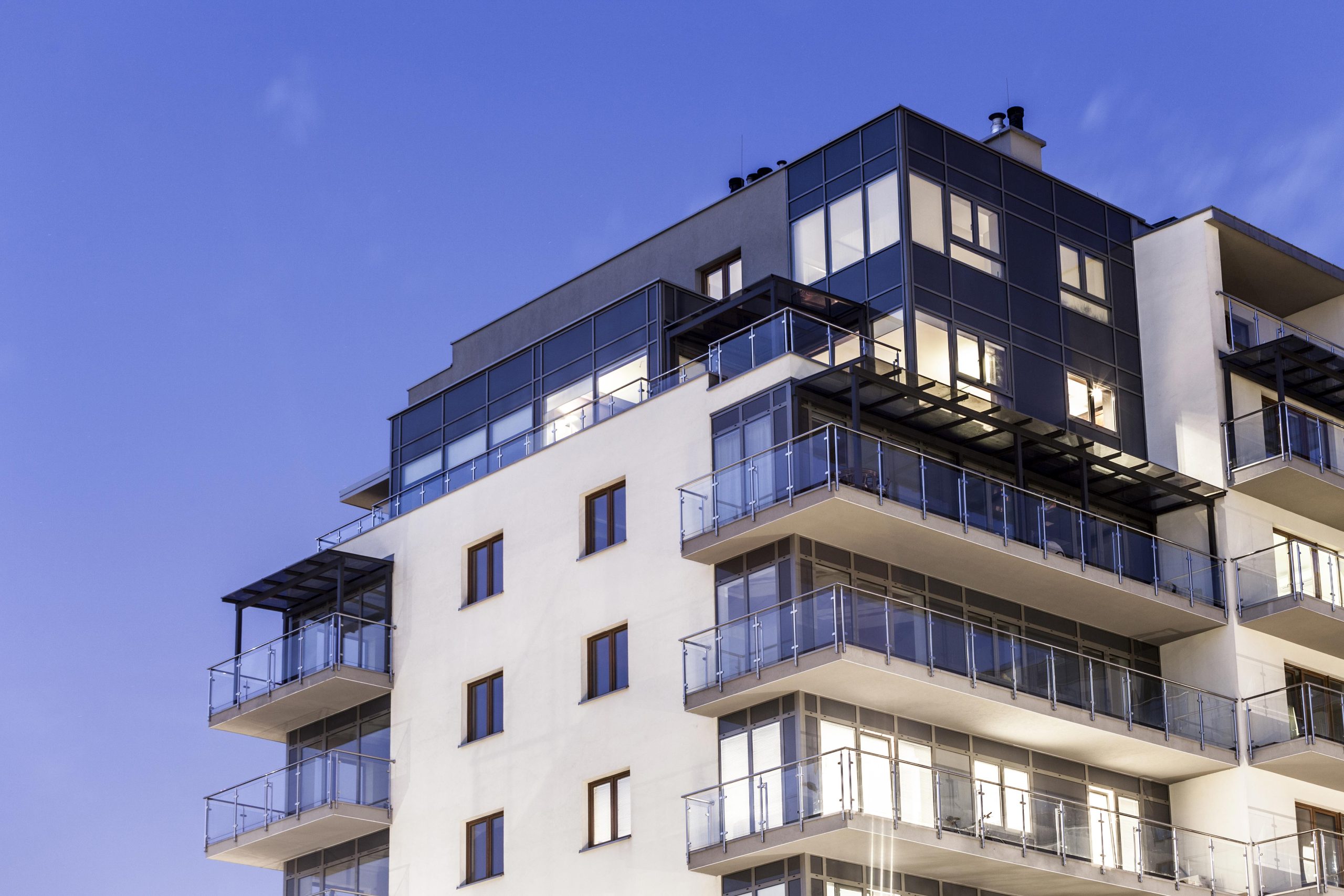Collective enfranchisement is the process where a group of leaseholders act together to buy their building’s freehold. It’s an increasingly popular option for leaseholders wanting control over their property, including how it’s managed.

If you’re keen to embark on a collective enfranchisement project, it’s best to ensure you understand fully what’s involved, including any hurdles you may need to overcome.
Sajel Patel, head of enfranchisement at Brady Solicitors, highlights some of the key considerations to help smooth your path to purchasing your freehold.
#1 Securing 50 percent leaseholder participation
To start the collective enfranchisement process you need at least 50 percent of your fellow leaseholders to participate.
In smaller buildings where you perhaps know all your neighbours it’s clearly fairly simple, but what about in a larger development, how can you get support for your project?
In our experience at Brady Solicitors, the managing agent can often be very helpful in communicating with other leaseholders, provided of course that it doesn’t lead to the freeholder being inadvertently being notified of your intentions.
If you’d rather not involve the managing agent you can arrange a meeting (covid permitting) with the other leaseholders, put a notice on the noticeboard (physical and/or electronic), or write to each leaseholder. You may also have a Whatsapp or Facebook group that you can post to.
Whilst you need 50% participation, you are not obligated to ask everyone, which can be helpful when it comes to managing tricky characters.
#2 Locating the freeholder
You’ll need your freeholder’s contact details and, ideally, details of any existing disputes or service charge issues.
If you’re not sure who the freeholder is, the best place to look is your most recent ground rent demand as this will have their name and contact details. It is also worth asking your neighbours and, of course, your managing agent.
If all this fails and you can’t track down your freeholder, there is the option to follow the absent freeholder route in order to continue your collective enfranchisement. This involves a court process but is usually successful, with expert support. If Brady Solicitors were to help you with an absent freeholder claim, we would need to be able to show that you have had no recent ground rent demands, no reply from the freeholder’s last known address, and no knowledge of the freeholder’s whereabouts from your neighbours.
# The freeholder doesn’t respond to the Initial Notice
Collective enfranchisement follows a set process, beginning with the Initial Notice. Your freeholder will have two months to respond to this with what is called a Counter Notice, but sometimes they fail to do this, and the deadline passes.
In this situation, you can apply to the Court for an order to proceed with buying the freehold on the terms set out in your Initial Notice. You have six months to do this. It does add time to the overall process, but you do get the benefit of buying the freehold on your terms – and the freeholder can’t dispute the premium.
#4 The freeholder disputes your right to buy the freehold
Receiving a Counter Notice disputing your right is not uncommon and can be an additional hurdle to overcome in your journey to acquiring your freehold. If this happens, you will need to apply to court for a determination on your right to acquire the freehold.
The court will look at the facts, check that you meet all the qualification criteria and, if they are satisfied you do have the right to buy the freehold, the freeholder may be ordered to serve another Counter Notice admitting your right.
#5 We can’t agree the premium
As part of the collective enfranchisement process, you will need advice and support from a specialist surveyor to provide the premium the leaseholders will need to pay to buy the freehold. The best-case figure is usually proposed in your Initial Notice.
If you can’t reach agreement with the freeholder on the premium once the Counter Notice is received, the next step is to apply to the First-tier Tribunal (FTT) for a determination.
Your surveyor and solicitors will be able to support you through this process.
#6 We can’t agree on legal issues, such as rights of way
In some cases, the freeholder will challenge certain terms and legal issues, with rights of way being a common one. As with the disputed premium, the route to resolution is to apply to the FTT for a determination, following the structured process.
#7 The freeholder’s legal costs are too high
You are all ready to complete the collective enfranchisement and then you are presented with the freeholder’s legal costs, which are payable by the leaseholders. If the freeholder has been challenging throughout the process, then the costs can be quite substantial and it’s important to take expert advice to help with this.
The first step is to negotiate with the freeholder to identify room for manoeuvre and we would always ask to see a clear and detailed breakdown of time spent.
To avoid holding up completion of the freehold purchase, you can agree to pay a certain amount to complete, and then apply to the FTT for a costs determination
#8 Managing a rogue leaseholder
Most of the challenges above relate to the freeholder. But, before starting your collective enfranchisement claim, you need to make sure you know whom you are getting into bed with!
You may all be keen to escape from the big bad freeholder, but are you confident the leaseholders will be able to work harmoniously together to secure the freehold?
At Brady Solicitors we would always recommend leaseholders entering into participation agreements to set out how you will behave during the collective enfranchisement project – particularly if there are more than four people involved.
The participation agreement should cover your approach to areas such as paying bills and costs, issuing instructions, responding to queries, and abortive costs. It’s also useful to include what will happen in the scenario that a leaseholder sells their flat during the process.



